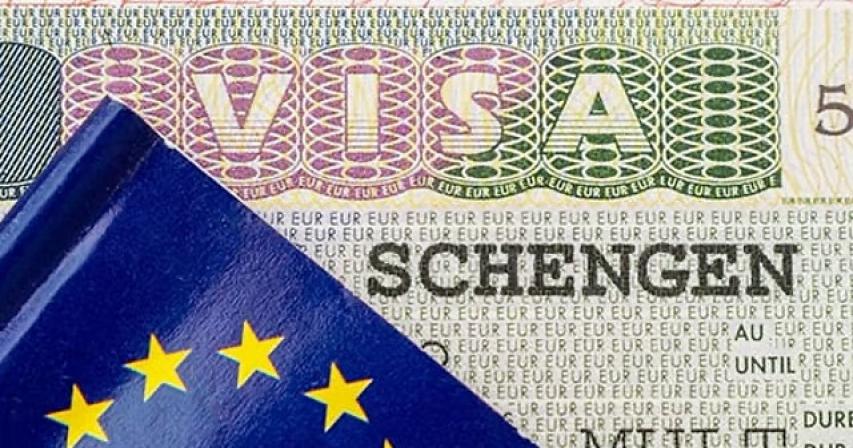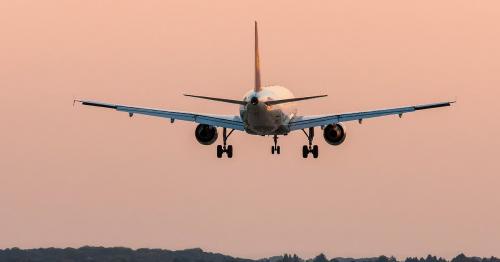Getting a Schengen visa will be harder for some starting July 1

If you have booked an appointment for a German Schengen visa and plan to attend Europe this Summer, you will have a challenging journey ahead of you. Germany’s Federal Foreign Office will now remove the complaint process for denied options globally starting from July 1
What is the Schengen visa remonstration?
In brief, all candidates who have submitted appeals will no longer be allowed to do so.
Up to now, these candidates have had the opportunity to file for a new review of the visa application, but this has to be done no later than a month from the date of receiving the refusal letter.
The German mission remarked, “This decision is based on a pilot conducted in several German visa sections, where remonstration suspensions for both Schengen and national visas were trialed as of June 1, 2023.”
Such applications were submitted in the past with no financial obligation.
Why is Germany doing this?
The staff has been able to remove the remonstration procedure which enables them to process new visa applications. This change has led to an increase in manpower within multiple visa sections. This has also removed the backlog in many services.
“Consequently, we have seen an increase in the number of national and Schengen Visa applications which are now being processed in addition to a reduction in the backlog relative to the previous year,” the mission reported.
Is all hope lost?
No. Even if the German mission is no longer accepting appeals for rejected visas, applicants still have the opportunity to make a new application.
People wishing to visit the Schengen area may apply with any other member state, albeit with the possibility of needing to alter their travel plans to enter or exit from, or stay for a considerable amount of time in, that country.
What is a Schengen visa?
A Schengen visa allows entry to foreigners outside the EU for a short visit of no more than 90 days within a 180-day timeframe to one or several countries within the Schengen region.
The Schengen area is made up of 29 countries of which 25 are member states of the European Union and four are non-EU states which are Iceland, Norway, Switzerland and Liechtenstein.






Comments